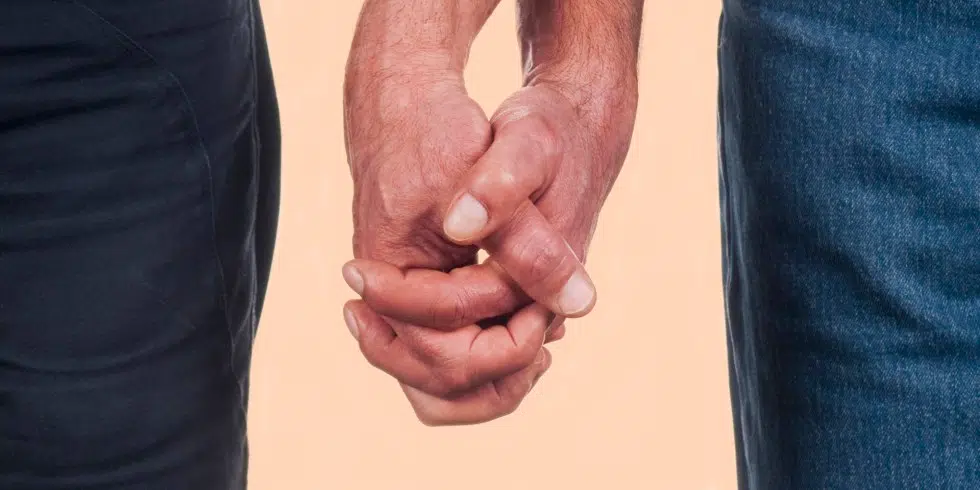
Homophobia contributes to loneliness
MEN HAVEN’T ALWAYS avoided open displays of affection for each other. Rachel Giese author of Boys: What It Means To Become A Man says:
“Our squeamishness about male friendship is a historical anomaly: connections between men have been idealized throughout Western history and understood as foundational to society, culture, and art. The veneration of men’s friendships can be charted as far back as ancient Greece (Walrus magazine, May 2018).”
Before the mid-1800s, society was structured around organizations of men — guilds, religious orders, service clubs, sports teams and the military. Displays of affection and confessions of love between men were common and unremarkable. In his essay “On Friendship,” French philosopher Michel de Montaigne describes his relationship with deceased friend as one with “souls mingling and blending with each other so completely that they efface the seam that joined them.”
Such gushes of emotion would be suspect in today’s society. Even the innocuous term “bromance” carries a certain discomfort. “It celebrates same-sex fondness,” says Giese, “but does it with a smirk — as if two men caring for another needs to be explained or justified.”


